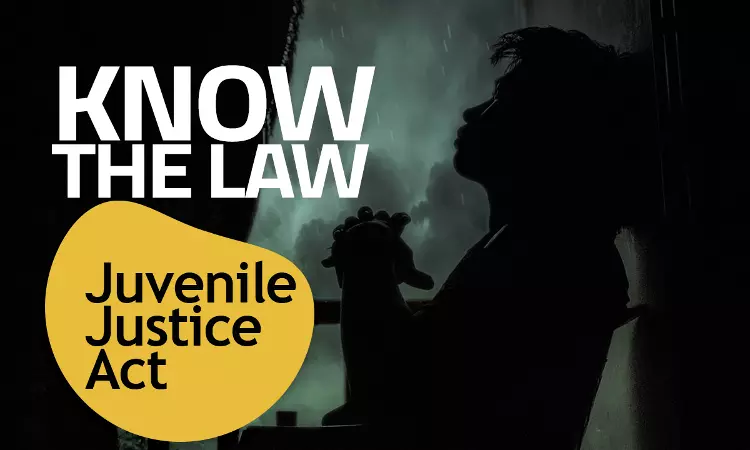Under the Juvenile Justice (Care and Protection of Children) Act, 2015, a person accused of an offence at any stage can raise a claim that he or she was a minor on the date of the commission of offence. The court is legally bound to order an inquiry to determine the age and if the claim of juvenility is proved, the accused is to be forwarded to the Juvenile Justice Board for appropriate...

